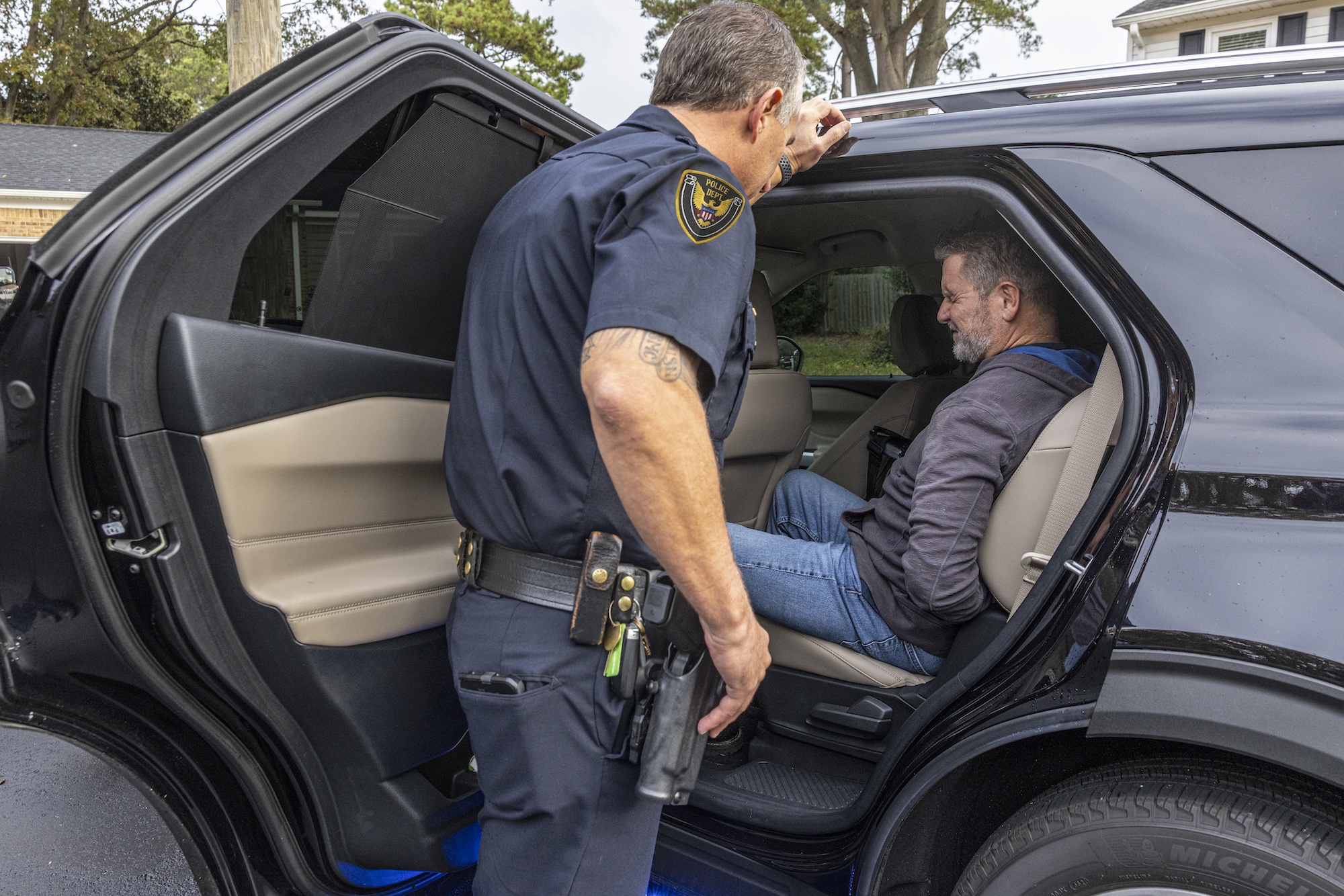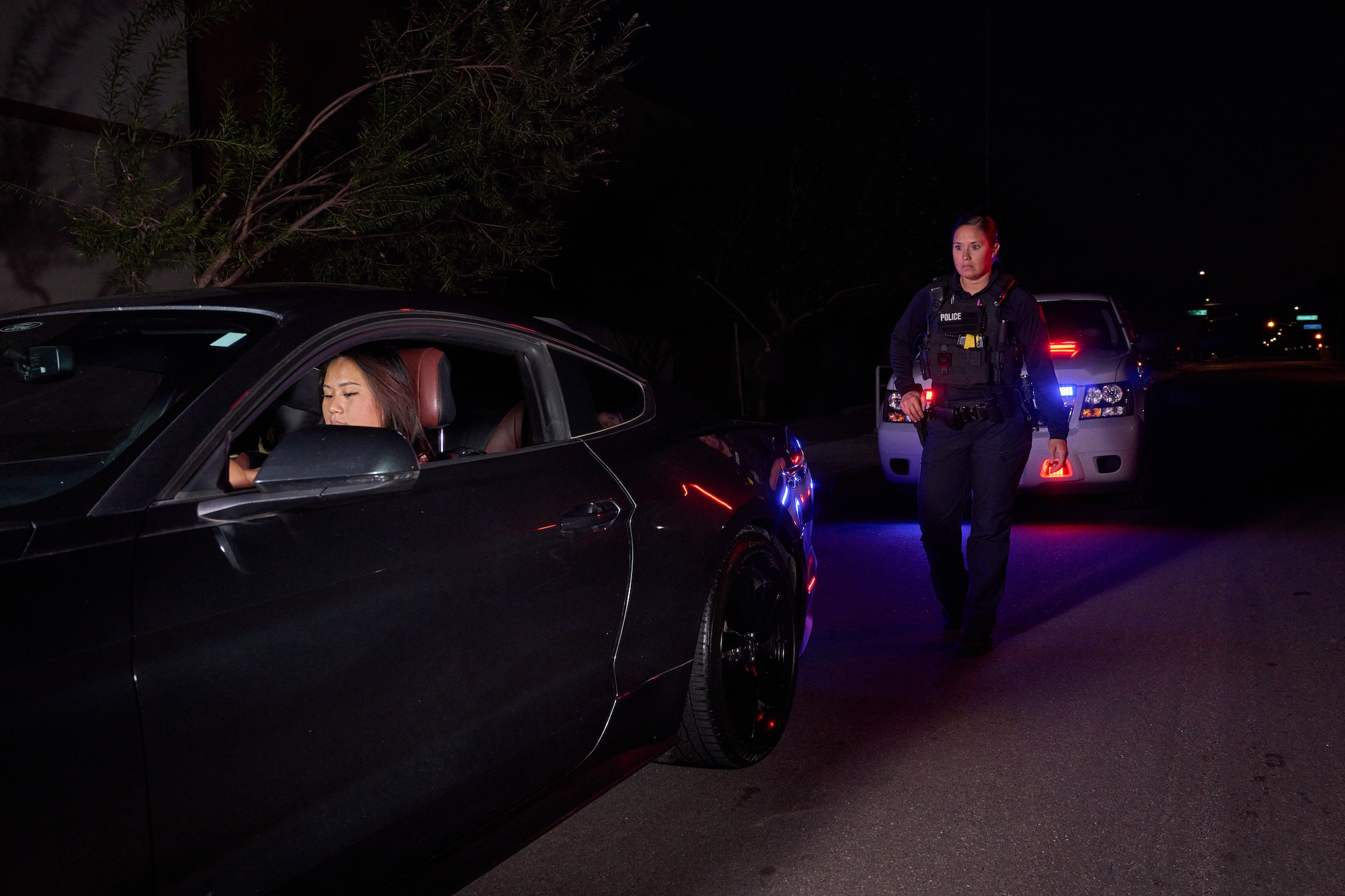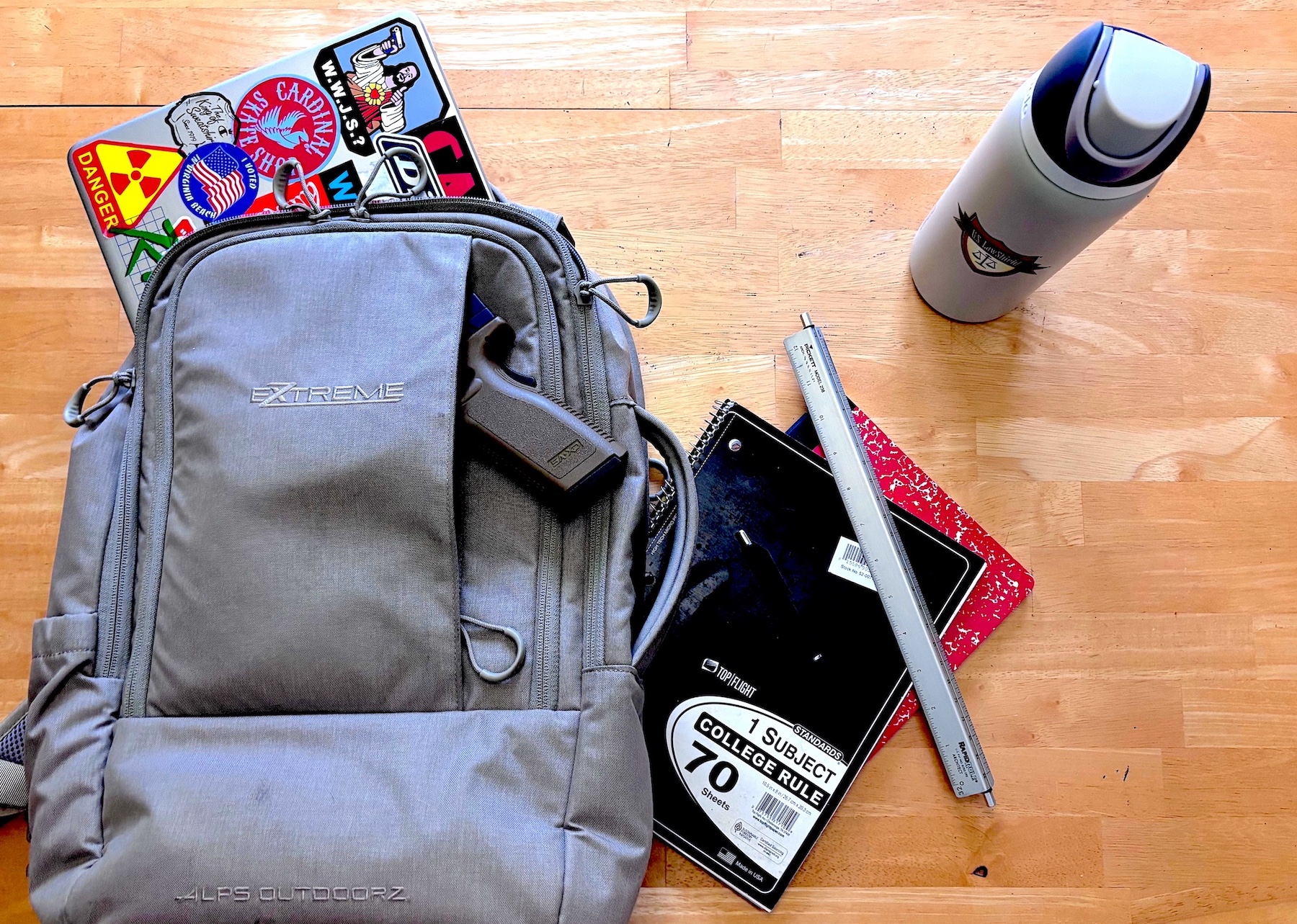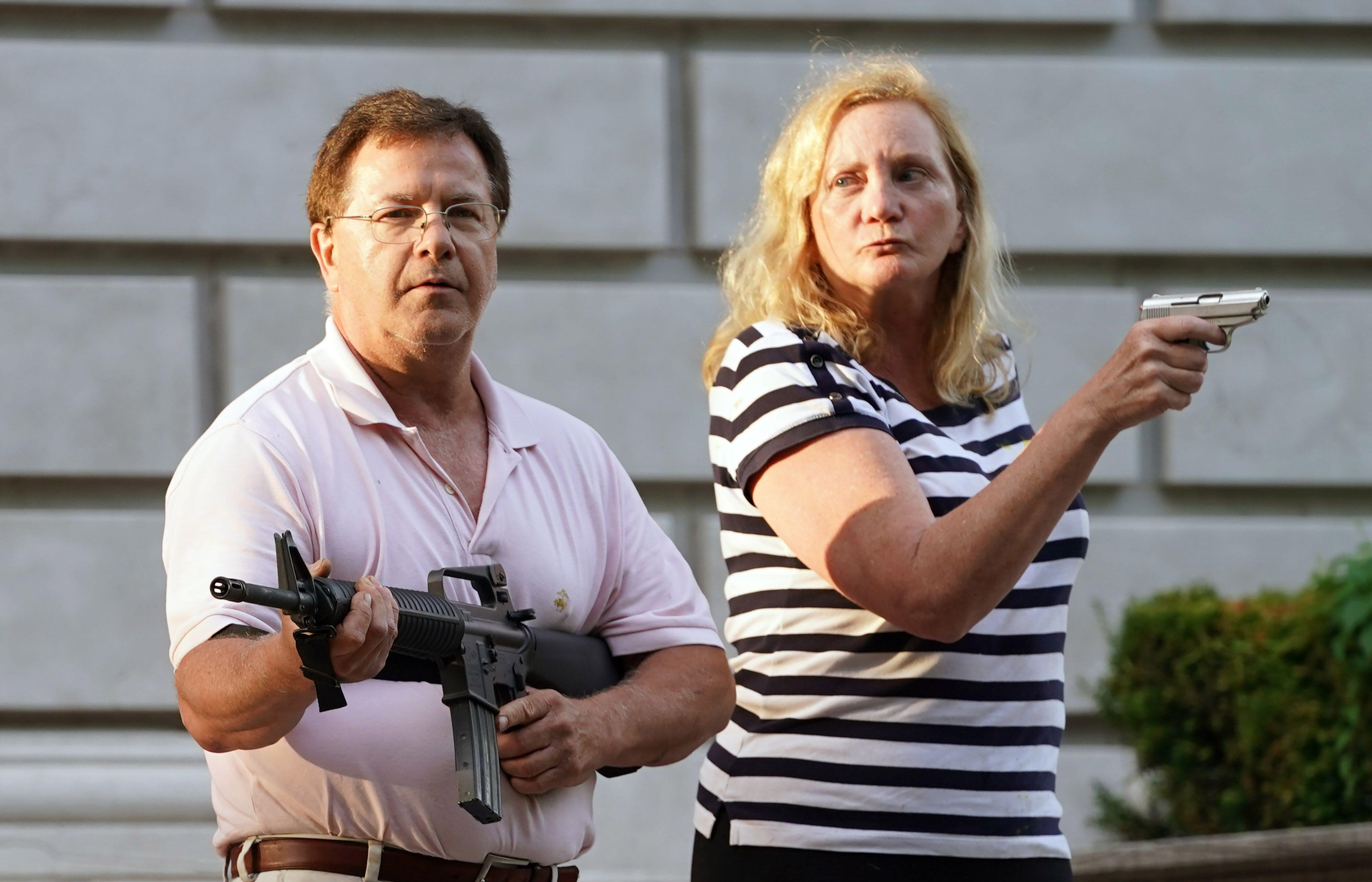
Your hands are shaking. Somebody was kicking in your back door, you dialed 911, but the police couldn’t get there quickly enough.
A shadow charged you from across the room, and in fear for your life, you fired. The body is down, but your knees are weak, and your stomach is churning as adrenaline drains out of you. Then the police arrive, and here’s the hard truth: they’re going to interrogate you, it’s their job and you may still even be cuffed and taken to the police station. It doesn’t matter how “in the right” you feel you are.
Welcome to the part of a self-defense incident that most gun owners rarely think about. You’re in the legal system now. What you say—or don’t say—can shape the rest of your life.
The Officer’s Mission vs. Your Rights
Responding officers have two main jobs: secure the scene and gather information for a report. As U.S. LawShield Independent Program Attorney Edwin Walker explains, preserving your rights is not their mission. That’s on you.
The Constitution gives you the right to remain silent. Use it. People often think, I’m the good guy, why wouldn’t I tell the police everything? The problem is that in the aftermath of a shooting your body is overloaded with stress hormones. Studies show memory gaps, false memories and tunnel vision are common. Ask anyone who thought they fired three shots when it was actually 12, or the guy had a gun in his hand, “I saw it” but only a cell phone is found near the body. It happens. And what you say can be used against you, no matter how mistaken you might have genuinely been.
Even police officers don’t give immediate statements after shootings. They’re counseled to wait days before putting anything on record. If that’s best practice for cops, it’s best practice for you, too.
How to Invoke Your Rights
Silence alone isn’t enough. Federal courts have ruled you must affirmatively invoke your right to remain silent. That means saying something like: “I am going to remain silent. I will speak with you after I have consulted with my attorney.”
Then stop talking. Don’t answer follow-ups. Don’t fill the silence. Re-state your invocation if pressed or asked different questions.
Former Pinal County Sheriff Mark Lamb put it bluntly: “Be polite with law enforcement, but don’t let them pressure you. After the shooting, don’t touch anything, and most importantly, get an attorney.”
Call Your Attorney
What’s that? You don’t already have one? Every gun owner needs to have an attorney at the ready. Companies like U.S. LawShield make having an attorney on quick-dial easy and extremely affordable. If you have self-defense insurance from a company like U.S. LawShield, keep your card handy. Call the emergency hotline as soon as you can—at U.S. LawShield, that number is answered by a highly qualified attorney in your state who specializes in firearms and self-defense law—and move to a private space. Anything an officer or bystander overhears could later show up in court. Tell your attorney what happened and follow their instructions exactly.
If they advise you to stay quiet, stay quiet. If they tell you to use a short, prepared statement, do it word for word. They may even come to the scene, but if they can’t, trust their guidance.
The Bottom Line
After a defensive shooting, you’ll want to explain yourself. Don’t. Your words in that moment can do irreversible damage to your case. Keep it simple:
- Call 911, report shots fired, request medical help and hang up
- Affirmatively invoke your right to remain silent, until advised what to do by your attorney.
- Call your attorney immediately
- Follow their instructions
- Stay polite. Stay calm. Say little. Then let your attorney do their job.



